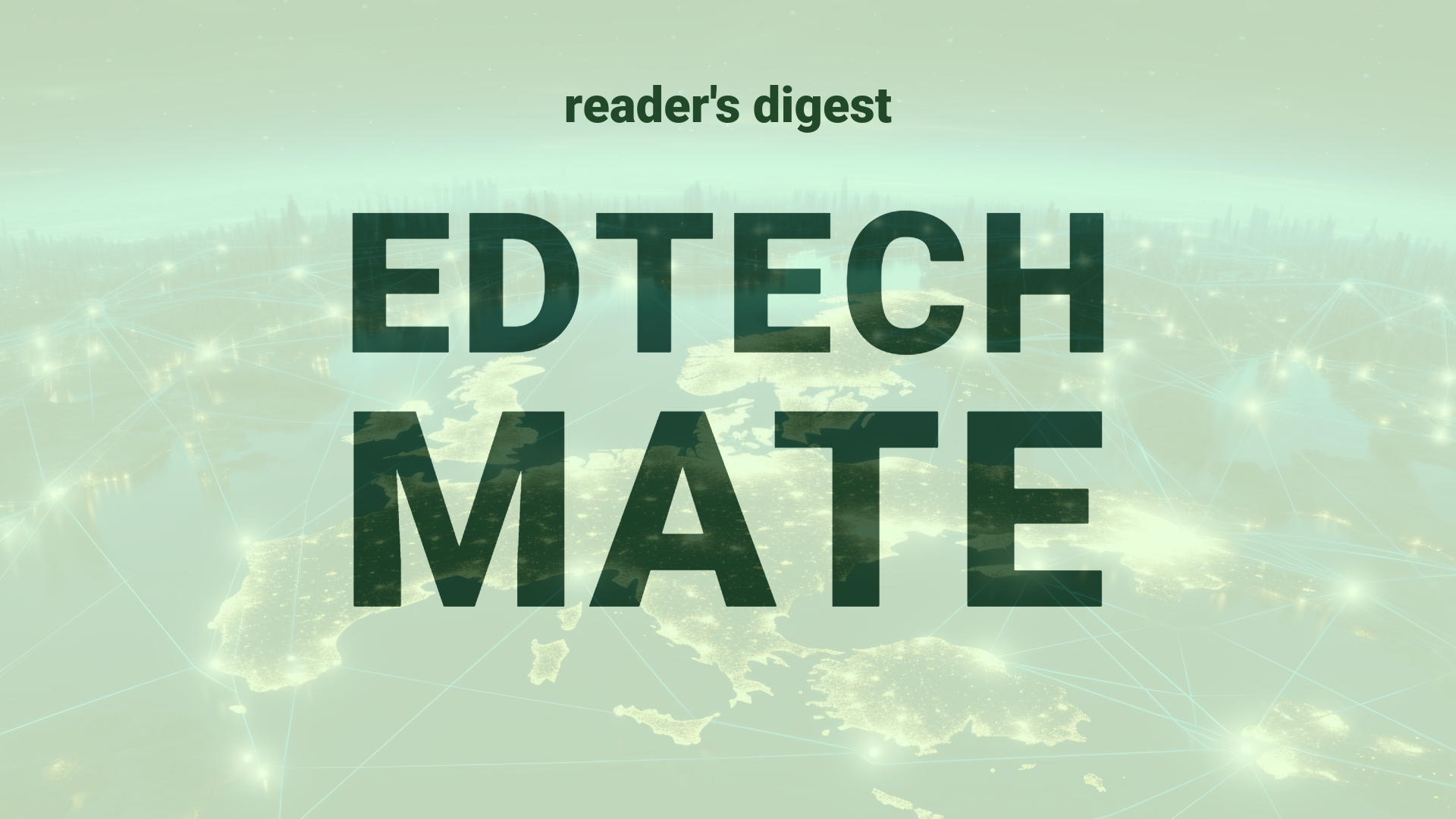“`html
Executive Summary and Main Points
This edition of Author Talks features a conversation with Alison Taylor, Executive Director of Ethical Systems, regarding her new book “Higher Ground: How Business Can Do the Right Thing in a Turbulent World”. Taylor proposes a shift in corporate ethics from defensive mechanisms to central strategic responsibilities. The discourse identifies key transformations, such as the disintegration of the Milton Friedman consensus, social media’s rise, business leaders’ involvement in societal debates, and generational value shifts. The implications for managing reputational risk, corporate activism, and political engagement are also discussed. This move nuances the traditional focus on shareholder value towards genuine stakeholder trust and advocacy for corporate political responsibility. These insights are particularly relevant for CEOs and future business leaders aiming to lead ethical businesses amid modern challenges.
Potential Impact in the Education Sector
The principles outlined by Taylor can inform the evolution of Further Education and Higher Education institutions, pushing for strategic partnerships grounded in ethical considerations. As academic entities seek alignment in values and collaboration with industries, Taylor’s insights into organizational culture and stakeholder trust can guide decision-making processes. Micro-credentials, an emerging trend within global education, can also benefit from these ethical practices, ensuring transparency and integrity in upskilling initiatives. Adopting such ethical frameworks could enhance institution reputation and align with the value shifts of younger generations which comprise a substantial part of the student body.
Potential Applicability in the Education Sector
AI and digital tools in the education sector stand to be shaped by the ethical considerations highlighted by Taylor. Programs that foster digital transformation in education should consider the implications of hyper-transparency and social responsibility. AI can be utilized to track educational outcomes and identify areas in need of socio-political attention, thereby aligning organizational actions with social messaging. Additionally, analytics may be used to inform curriculum development and enhance student engagement with a focus on corporate responsibility and ethical standards.
Criticism and Potential Shortfalls
Taylor’s arguments present a critical shift; however, the application within varying international education systems could expose cultural discrepancies and face resistance to change. For example, higher education institutions in different political environments might grapple with the concept of corporate political responsibility due to existing government regulations or cultural norms. Ethical frameworks may also conflict with deeply rooted educational traditions. The potential risk of overemphasizing narrative over action is a shortfall, requiring educational leaders to bridge the gap between ethical discourse and concrete educational practices.
Actionable Recommendations
International education leadership can embrace Taylor’s ethical framework by initiating open dialogue on educational responsibility, transparency, and aligning institutional values with student and societal expectations. Establishing ethics committees and integrating ethical decision-making in strategic planning and curriculum development are practical steps. Collaboration with industry leaders on research projects can also foster an environment of ethical innovation, preparing students to navigate and contribute positively to a complex societal landscape. Educators are encouraged to promote critical thinking related to ethics within their classrooms to prepare the next generation for the challenges outlined by Taylor.
“`
Source article: https://www.mckinsey.com/featured-insights/mckinsey-on-books/author-talks-the-business-of-ethics-for-leaders

